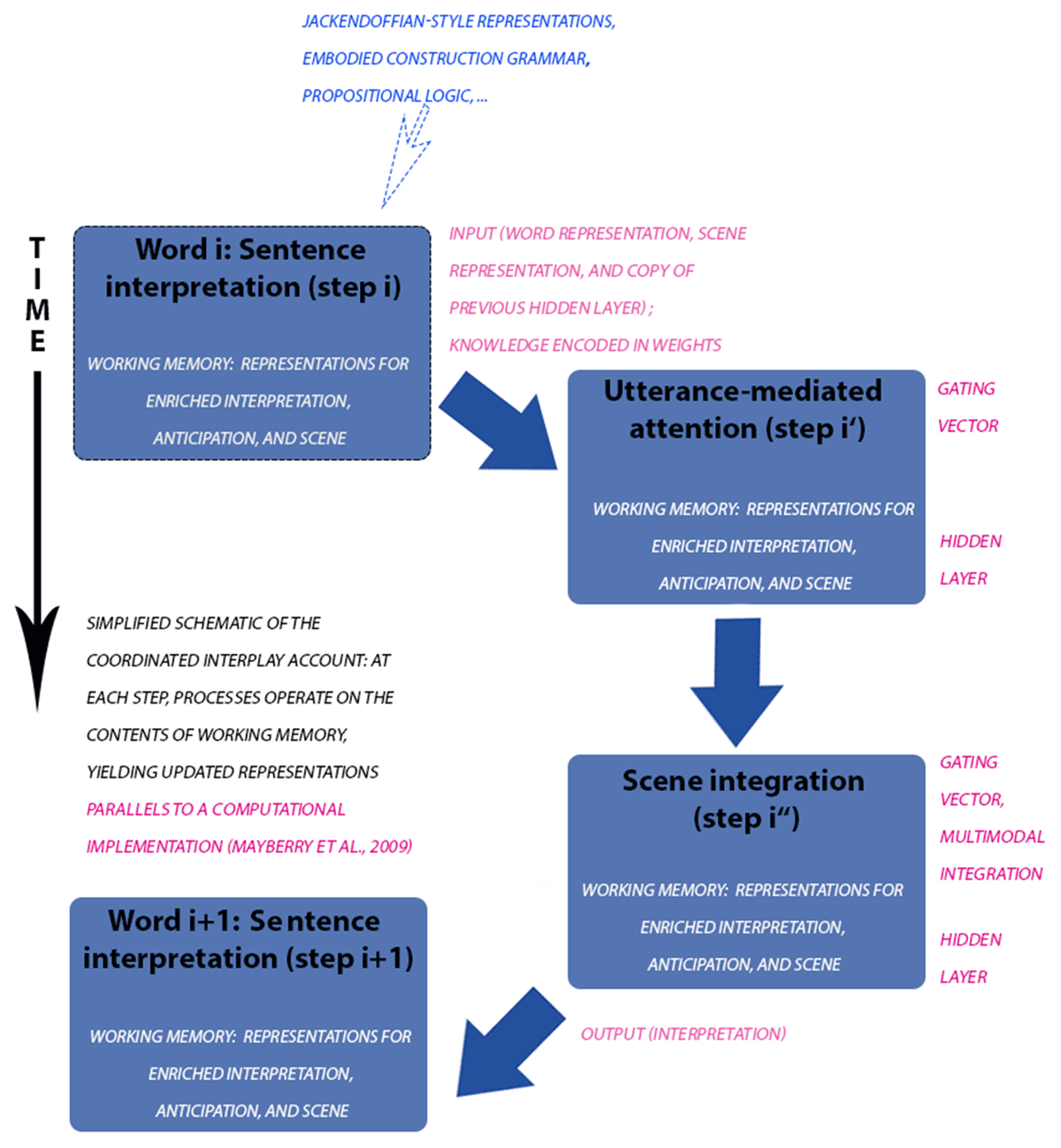
What is the definition and importance of ground in language

In the field of linguistics, the term ground plays a crucial role in understanding how language functions within communication. It refers to the underlying context that supports the meaning of utterances and facilitates effective exchanges between individuals. The concept of ground is essential as it helps listeners and speakers navigate the complexities of language by providing a shared framework of knowledge and assumptions essential for interpretation.
Recognizing the importance of ground in language underscores its necessity for clarity and mutual understanding. It establishes the basis upon which conversation takes place, enabling participants to connect ideas and convey messages appropriately. This article delves deeper into defining ground in linguistic terms, its role in communications, and its significance within the greater structures of language.
- Understanding the Concept of Ground in Language
- Importance of Ground in Clarifying Context
- Ground vs. Figure: Distinguishing Key Concepts
- Examples of Ground in Everyday Language
- The Influence of Ground on Meaning and Interpretation
- The Significance of Ground in Linguistic Theory
- Conclusion: The Essential Role of Ground in Language
Understanding the Concept of Ground in Language
The Definition of Ground in Linguistic Terms
Within linguistic discourse, ground refers to the contextual information and shared knowledge that underlies communication. It provides the backdrop against which language expresses meaning. For instance, when someone uses a pronoun like “he” or “they,” the ground allows the listener to understand whom the speaker is referring to. Without this shared context, communication could easily become ambiguous or confusing.
The Role of Ground in Communication
The role of ground in communication is multifaceted. It includes not just the physical setting of a conversation but also the shared beliefs, experiences, and cultural backgrounds of the participants. This ground allows speakers to convey implicit meanings and assumptions. Effective communication thrives when both parties have a clear understanding of the ground that informs their interaction.
Importance of Ground in Clarifying Context
Ground as a Contextual Anchor
One of the key reasons ground is important in language is that it acts as a contextual anchor for conversations. When individuals communicate, they often rely on shared experiences or understood norms to help clarify their statements. For example, when discussing a film, prior knowledge of the movie's plot or characters provides essential ground for further discussion and helps avoid confusion.
Ground in Nuanced Meaning
The nuances of language often hinge on the ground established within a dialogue. Different cultural backgrounds or social settings can dramatically change the interpretation of a statement. Recognizing this variability in ground can enhance interpersonal communication and ensure that intended meanings are communicated effectively.
Ground vs. Figure: Distinguishing Key Concepts
Understanding the Contrast
To fully appreciate the importance of ground, it is essential to differentiate it from the concept of “figure.” In linguistic terms, the figure represents the focal point of a statement or thought, while ground refers to the contextual backdrop that supports it. Recognizing this distinction can clarify how various components of language interact dynamically during communication.
Examples of Ground and Figure in Language
In the phrase, “The cake on the table is delicious,” the figure is the cake itself, which serves as the focus of attention. The ground includes all contextual information, such as the occasion, the setting of the table, or the opinions about cakes that influence the statement's interpretation. Without the ground, the figure may lose relevance, and the statement could be perceived differently.
Examples of Ground in Everyday Language
Real-Life Scenarios Illustrating Ground
Everyday conversations are filled with instances of ground at play. Consider two friends discussing dinner plans: “Let’s eat at the new Italian place.” The understanding that both individuals know where “the new Italian place” is located constitutes the ground. Without this shared context, the statement would likely lead to confusion regarding location or capability.
Common Expressions Utilizing Ground
- “Remember the last time we hung out?” – Here, the ground lies in the shared memory of a previous encounter.
- “I’ll take my usual coffee.” – This assumes a prior knowledge of what the speaker typically orders, establishing ground.
- “Can you believe what happened during the game?” – The ground is contextual knowledge of recent events.
The Influence of Ground on Meaning and Interpretation
Ground's Impact on Semantic Interpretation
The ground heavily influences how individuals interpret meaning within language. Contextual factors can shift the significance of words or phrases, highlighting the need for a solid understanding of ground among communicators. For instance, sarcasm can be misunderstood if the ground is not correctly perceived, leading to miscommunication.
Cultural Variations in Ground
The significance that ground holds may vary across cultures. Different cultural backgrounds often produce unique interpretations based on their specific ground experiences and references. Language learners, in particular, may struggle with phrases that rely heavily on ground that hasn’t been shared or understood universally, emphasizing the need to appreciate the importance of ground in language.
The Significance of Ground in Linguistic Theory
Ground’s Role in Theoretical Linguistics
In linguistic theory, ground represents a critical component in understanding language structures and theories. Theories related to pragmatics, discourse analysis, and cognitive linguistics all seek to incorporate the concept of ground in their frameworks. By recognizing how ground underpins communication, linguists can better analyze and interpret behaviors and expressions within language.
Implications for Language Learning
The implications of ground extend beyond theoretical discussions and into practical applications such as language learning. Understanding the ground of a language enhances the ability to convey and receive messages effectively, bridging gaps in comprehension for learners. Educators can utilize contextual knowledge to create rich learning environments that support language acquisition.
Conclusion: The Essential Role of Ground in Language
ground serves as an indispensable aspect of language that facilitates communication and understanding. Its role in clarifying context, distinguishing between key concepts, and influencing interpretation underscores its significance in daily interactions. By recognizing the importance of ground, we can enhance our ability to communicate effectively and appreciate the intricate complexities of language. Ground not only enriches conversations but also fosters stronger connections between individuals, proving it to be a vital element in the construction of meaning.
Did you find this article helpful? What is the definition and importance of ground in language See more here Education.
Leave a Reply






Related posts